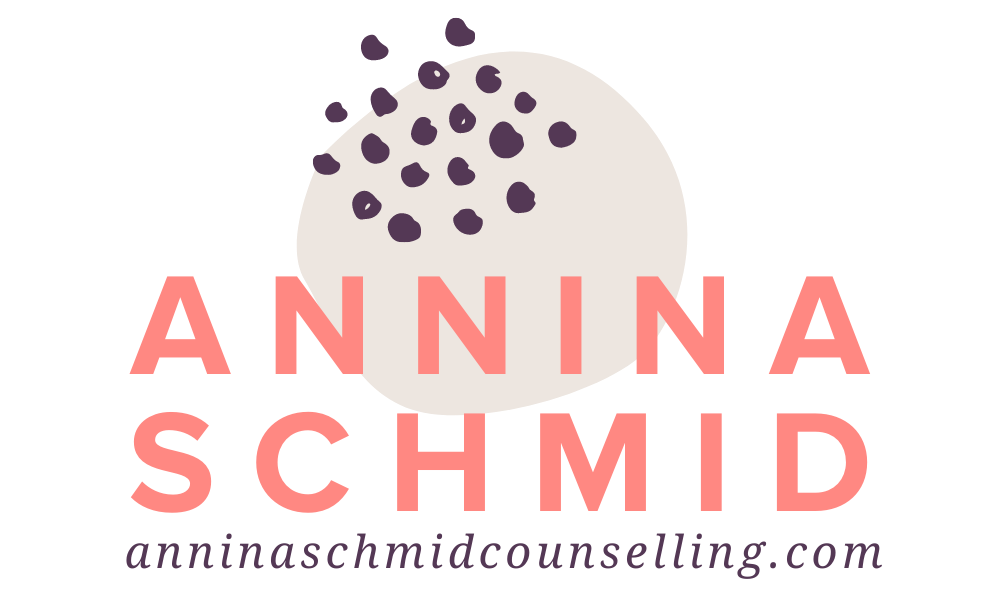When we are trapped in problematic behaviours, difficult relationships and otherwise hard situations, chances are we are pretty wrapped up in ourselves.
That's totally fine and understandable, of course, except for the research that shows that helping others has psychological benefits.
Those benefits include, but are not limited to, lower blood pressure, increased happiness and decreased depressive symptoms, a potential reduction in the experience of chronic pain, and improved social connections.
Needless to say, all of those positives are helpful to recovery, because they activate your brain's pleasure centres in a natural way - even donating money to charity checks all the boxes for this effect! (With the added bonus, of course, that you’re supporting others in need in the process!)
So, if you have been thinking about giving today, but are as yet unsure to whom, here are a couple of ideas for you (U.S.-based organizations in bold):
ASDAH, the Association for Size Diversity and Health, a non-profit organization with an international membership committed to the practice of the Health At Every Size® (HAES®) Principles that envisions a world that celebrates bodies of all shapes and sizes, in which body weight is no longer a source of discrimination and where oppressed communities have equal access to the resources and practices that support health and well being. You can donate through becoming a member.
Body Brave, a boy-inclusive not-for-profit that provides complimentary support services for individuals adults struggling with weight, food and body image issues, including eating disorders.
Jean Tweed, a leading community-based organization that provides a safe and supportive environment for women with substance use, mental health, and/or gambling issues.
NAAFA, the National Association to Advance Fat Acceptance is a non-profit, fat acceptance civil-rights organization in the United States dedicated to improving the quality of life for the obese.
NEDIC, the National Eating Disorder Information Centre is a Canadian non-profit providing resources on eating disorders and weight preoccupation, including a free of charge helpline and online directory.
NIED, the voice for Canadian families, caregivers, and individuals who are affected by eating disorders and other comorbid and concurrent diagnoses.
Sheena's Place, a support centre for people affected by eating disorders and their families in Toronto.
And if you would prefer to be of service in another way, think about a time in the last month or so that you have helped someone: List at least five ways in which helping someone else was helpful to you.
Then, ask yourself: What would it take to do that again?
Happy #GivingTuesday!
Talk soon,
Annina

